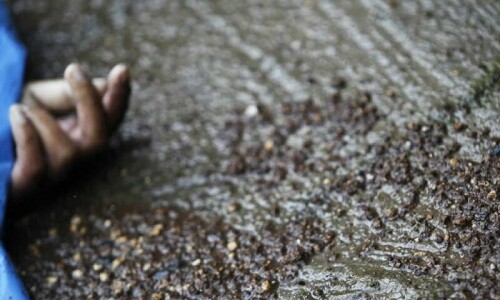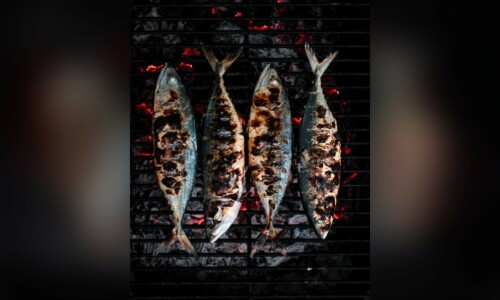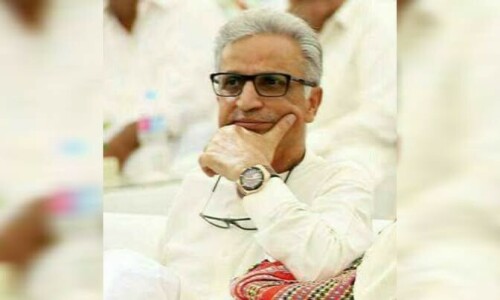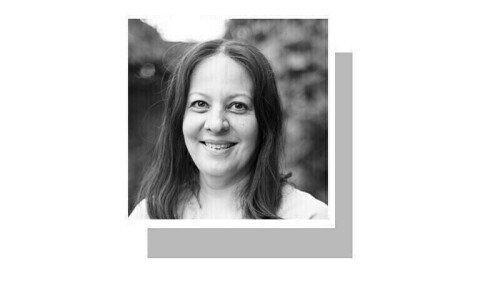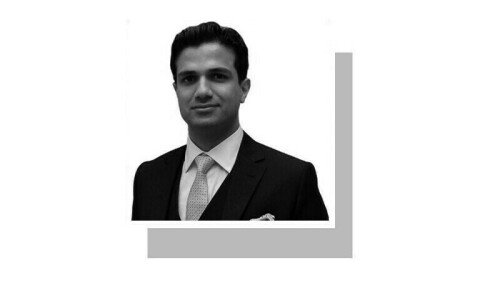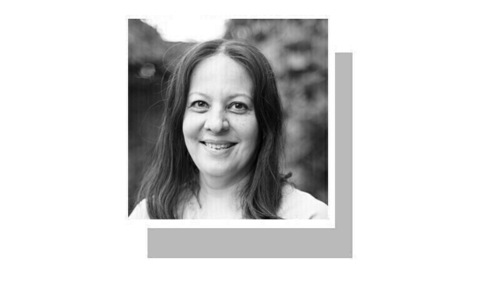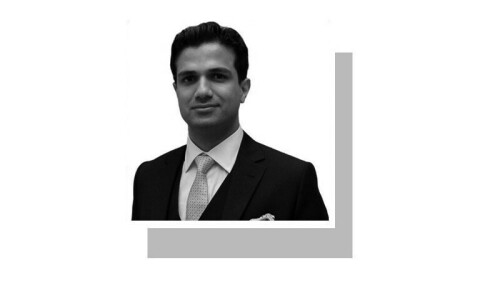LARKANA: Participants in a consultation session convened by the Human Rights Commission of Pakistan (HRCP) in the local press club on the state of women’s rights in Larkana called on all stakeholders to play their role in getting the weaker segment of society its due rights.
Sharing their views, the participants said that under a variety of excuses, women were exposed to honour killing, domestic violence and injustices in different fields, including education, harassment at workplaces etc.
HRCP regional coordinator Ghufrana Arain said the state of women’s rights in Sindh was deplorable.
She said that in addition to the ongoing efforts to create awareness in this regard by holding regular seminars and consultation sessions, there was a need for addressing shortfalls.
Dr Haseen Musarrat of the Women Action Forum drew attention of the participants to the poor coordination among the organisations contributing to safeguarding women’s rights. She said political interference and the peltry budget allocations for the departments working in this sphere were also major hindrances.
She noted that police were not suitably equipped to counter heavily armed criminals and influential figure’s might. In this situation, the orgnisations working for safeguarding and advocating women’s rights could not achieve their targets.
Interference by influential figures, lack of awareness and funds, poverty and society’s behaviour seen as major factors
She said those working with the ‘women protection cell’, Darul Aman and safe houses did not have proper security. Due to enormous political issues, women rights issues stood unresolved and unaddressed, said Dr Musarrat.
She also pointed out that the women approaching courts for justice often remained unsuccessful because they in most cases appeared financially unsupported in litigation process.
Under these conditions, the issue of women’s rights as a whole remained unresolved and this segment continued to be deprived of justice, she said.
Ms Naghma Mazari, in-charge of the women protection cell at the Larkana DIG office, revealed that a rise in the incidents of violence against women and children was marked after last year’s unprecedented floods that devastated ordinary people’s already poor domestic economy.
Ms Mazari said that most women visiting police stations for protection appeared reluctant to be sent to the Darul Aman. Therefore, she added, it was badly needed to establish ‘safe houses’ and ‘shelter homes’ under the management of credible organisations.
She also spoke about interference on the part of influential figures within the police system which, in turn, hampered [the cell’s] efforts towards protection and rights of women. A lack of education itself was an important factor in this context, she said.
Ustad Khalid Chandio, a social activist, severely criticised holding of jirgas in violation of courts’ orders, and noted that “unfortunately, these jirgas are held in circuit houses as well and elected representatives and police officers participate in them”.
He called for keeping and updating the data regarding domestic violence against women and children and also against female help. For being poor, they could not raise their voice, he said.
Advocates Ali Bakhsh Mashori, Nadira Selro and Aaliy Rizvi were of the concerted view that women approaching courts with complaints of violence, harassment and injustice seldom had support from their close relatives. Therefore, they could not plead their cases effectively while society also remained aloof, they said.
The lawyers called for evolving a mechanism to help all such litigants. They also underlined the need for holding awareness and consultation sessions in villages as well, pointing out that village women faced more serious issues of rights.
Murad Pandrani, Ghaffar Pandrani and activists of various rights organisations participated in the consultation.
Published in Dawn, May 28th, 2023
















